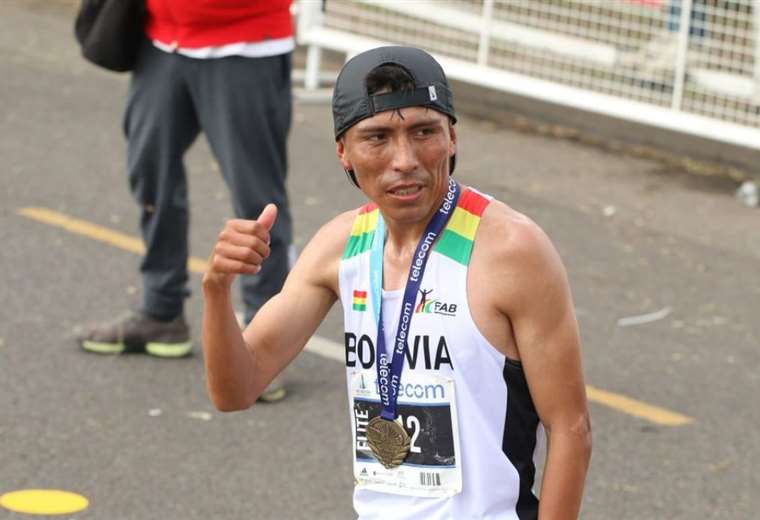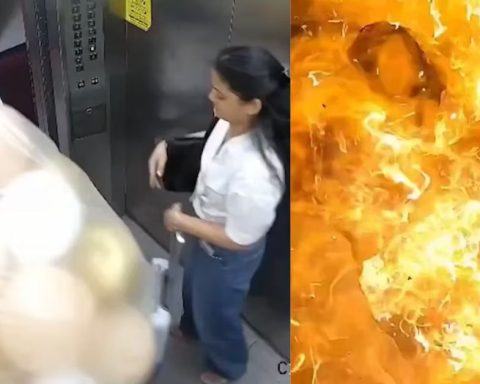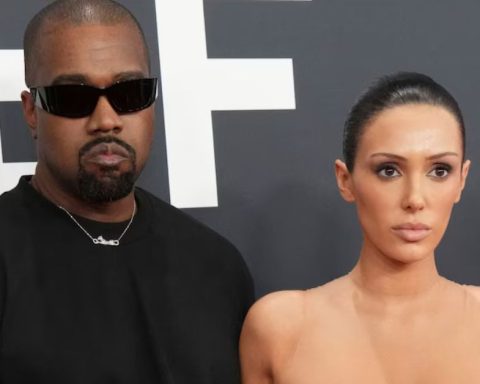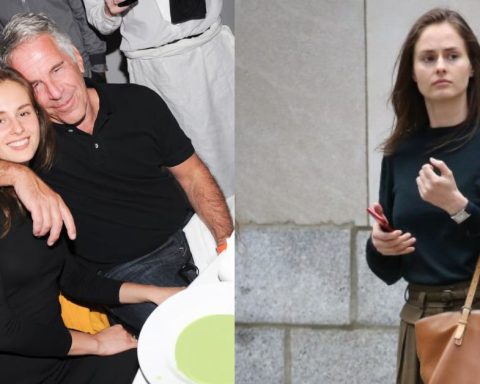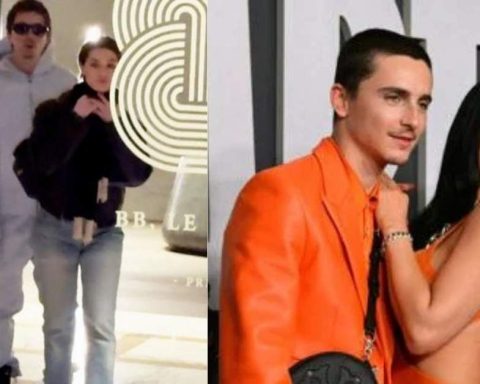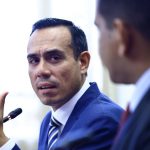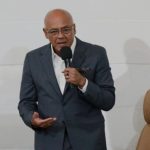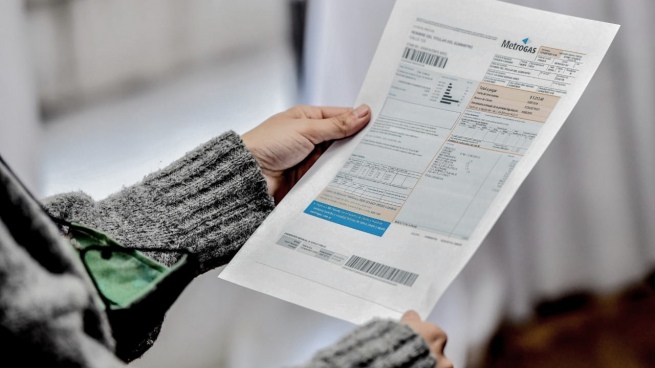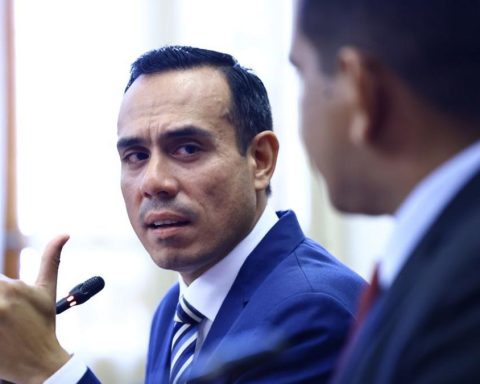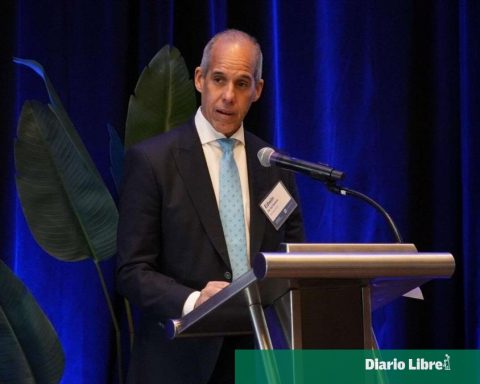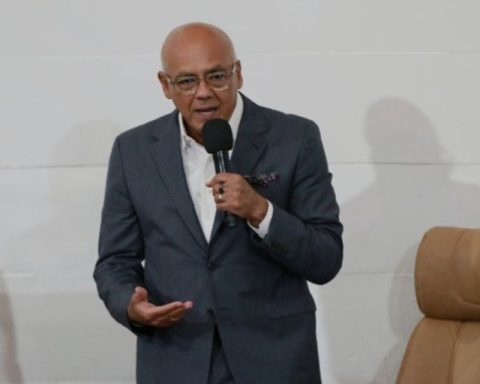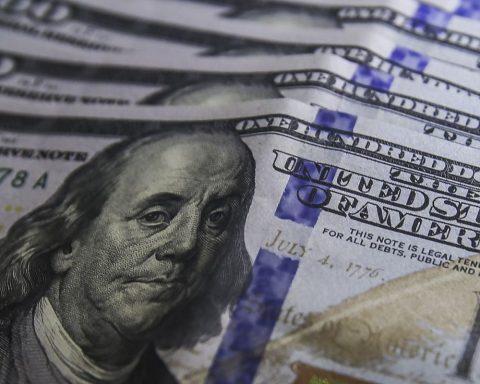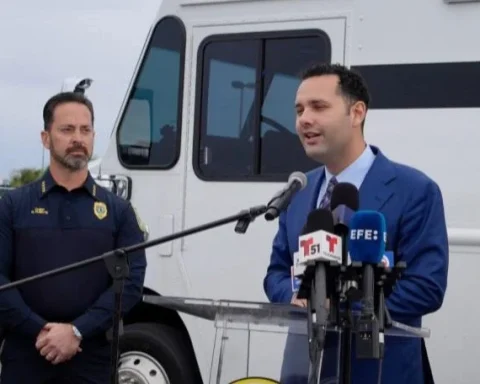July 24, 2022, 8:31 AM
July 24, 2022, 8:31 AM
Hector Garibay is one of the most recognized athletes by the national population in recent times. He broke the national record in the marathon, he is a South American medalist and whenever he participates in a competition he leaves the ‘tricolor’ high.
Recently, the Bolivian represented the country in the World Championships in Athleticsand although he could not fulfill his objective (to be in the top 10), he left good impressions again on locals and strangers.
Hector already has us badly accustomed to bringing good news. It never leaves the country in a bad light, even with the lack of preparation it suffers and the little or no help it receives.
Garibay is not only a born competitor, but also he is a worried brother and uncle who seeks to get ahead and earn “daily bread” when not in competition.
In the hand in hand with DIEZ, he told us some personal incidents:
Héctor, you were in the news again for participating in the World Cup, what sensations does the new experience leave you with?
“Very happy to have represented the country again. Very satisfied with the training and for having gone to the World Cup”.
You were leading the marathon at times, what forced you to slow down?
“I was risking the physical several times. I competed against professionals worldwide, I tried to go even. Also, I couldn’t get a drink and I got dehydrated, so I’m starting to drift away from the peloton.”
Why couldn’t you hydrate?
“My trainer was at one point, and when she was going to pass it to me (the water) she slipped and fell to the floor.”
What differences do you find between you and the other athletes?
“Most of them go with a full team. For them there is someone every five kilometers waiting for them with water. Someone was there at kilometer 15, and then if I wanted water I had to look for it and pick it up (losing valuable seconds and momentum in the race)”.
Before the trip, your trainer (Nemia Coca) mentioned that you were poorly fed. Why?
“He was poorly fed, two weeks ago he had arrived from Colombia from the Bolivarian Games (they were played from June 24 to July 5), and there the food is different, he was also dehydrated. I made a difficult change, even due to the weather. I went from the heat to the cold of Oruro, I caught a cold and returned to sea level again (at the World Cup in Oregon)”.
Do you talk to rivals? What do the coaches tell you when they don’t see you with a full team?
“Most of them know me (they had many competitions together), the coaches from other countries congratulated me for keeping up the pace and fighting.”
What does an athlete like you need to be able to excel even more?
“We need more support from the authorities and companies. They help us a bit but only for sports equipment, to live day to day we don’t have it”.
What do you do on a day-to-day basis?
“I work as a taxi, but for now I had to leave it for the competition, to concentrate on that.”
Who make up your family?
“My brother and nephews. I live together with them.”
Should they all work together to make ends meet smoothly?
“Some people don’t understand that, we don’t have a secure salary, and as I told you, you’re not going to pay for electricity with the little they give us.”
The Government of Oruro gave you an amount to help you in the World Cup, right?
“Yes, they gave us approximately 5,000 bolivianos for some expenses. From there I got to pay for the suitcase, some tickets (from Oruro to Cochabamba by land), and some more expenses while I was there.”
Have you ever talked with national authorities or companies to help you constantly?
“They offered me many things, but they were just promises. I remember that I had a race in Brazil, I came back and they promised me a lot”.
“They told me that I was going to sign a sponsorship with a sports clothing company, a company from Oruro, and no one else contacted me again. In the end, I only have to see to cover my expenses because the Olympic Committee takes time to deposit you too. I went to the World Cup on my own, my family was the one who supported me”.
Did you think about representing another country sportingly?
“Many times I thought about that. Some time I was contacted by some managers, those who are dedicated to the big races. They invited me to train in Kenya, there is the elite of athletics. There are many teams that train there, Brazilians, Uruguayans, and they wanted to put me in a group there”.
“I waited for the answers from the national support, and besides, I didn’t want to leave because of my nephews. “Why are you going to leave?” They told me, and I stayed here training.
What is the next step for Héctor Garibay?
“I’m going to go back to work with the taxi, but I also want to prepare for the South American Games (to be held in Asunción from October 1 to 15 of the same month)”.
The national athlete closed the conversation by mentioning again the local authorities, and fellow athletes, who according to Garibay, help. “Grateful to the Government of Oruro. They always support us with some tickets, the coaches and athletes from Oruro who They support and encourage us not to give up and not give up.
